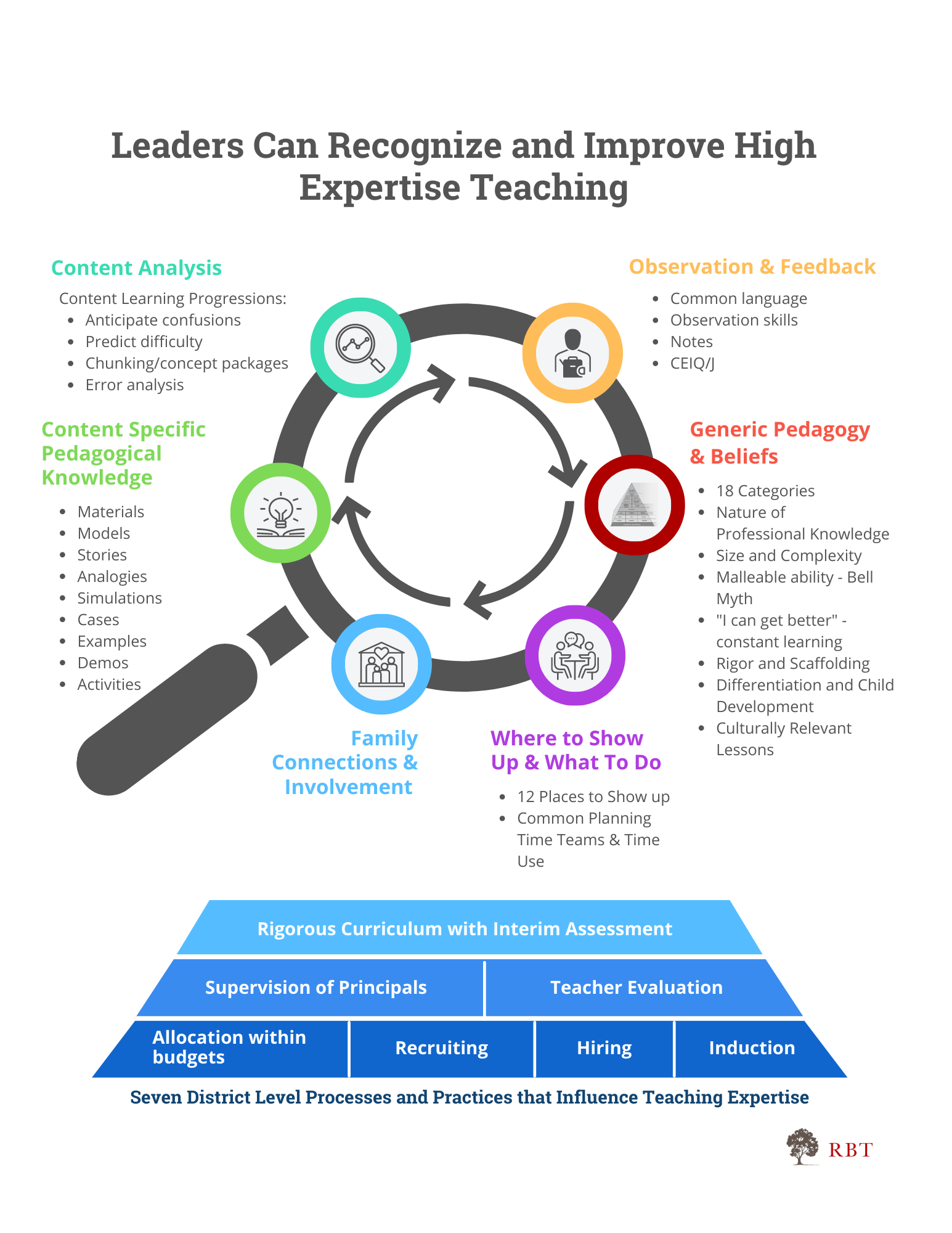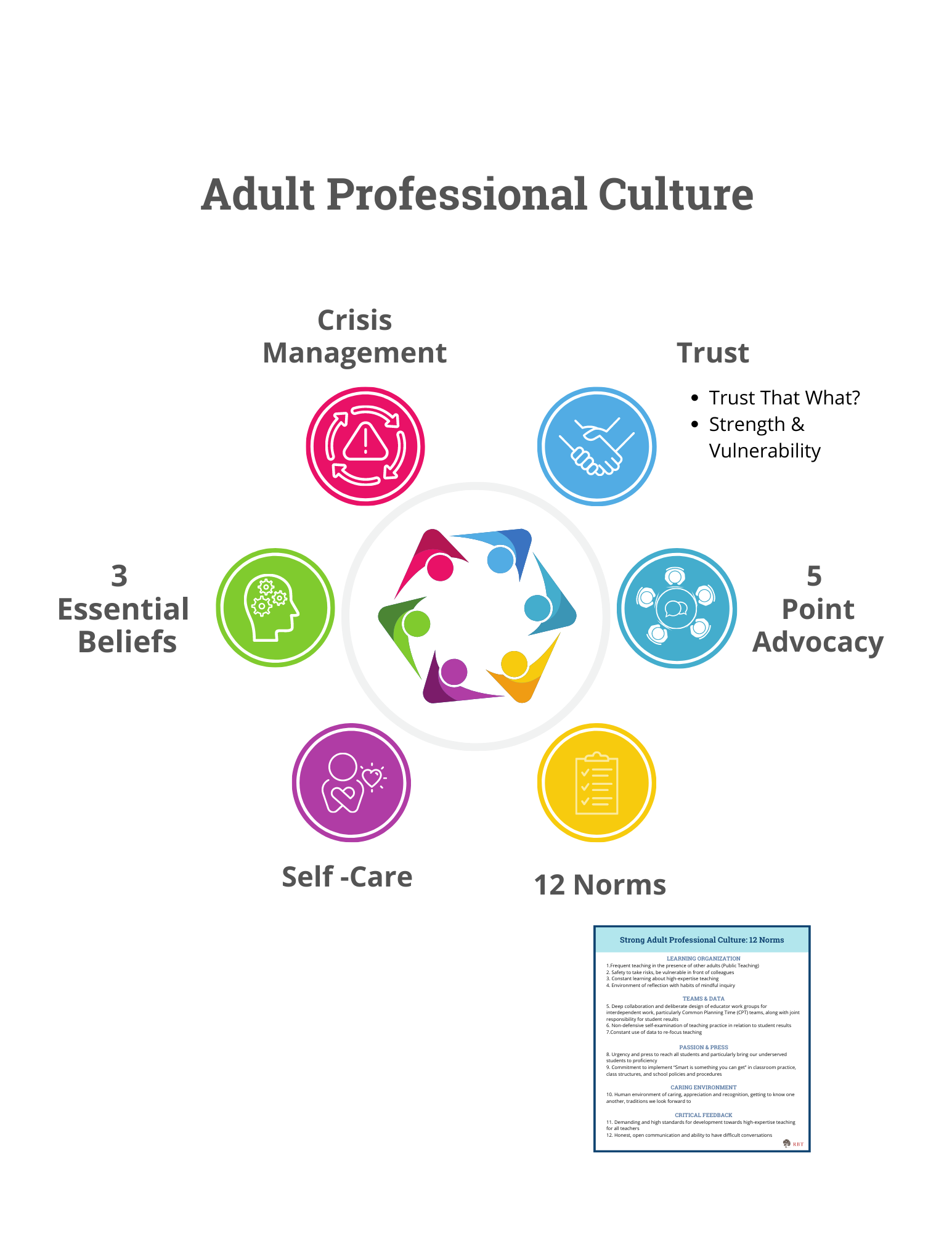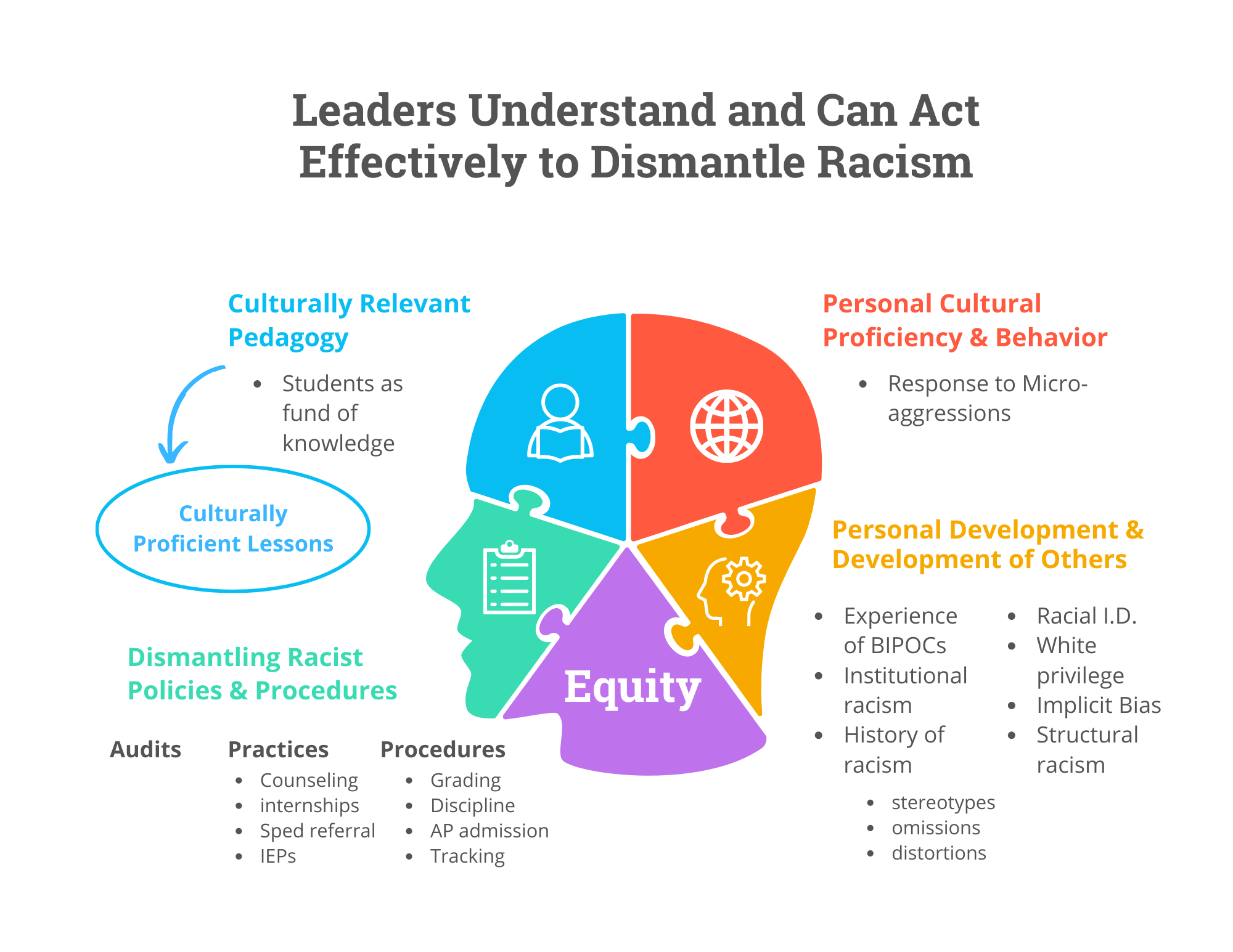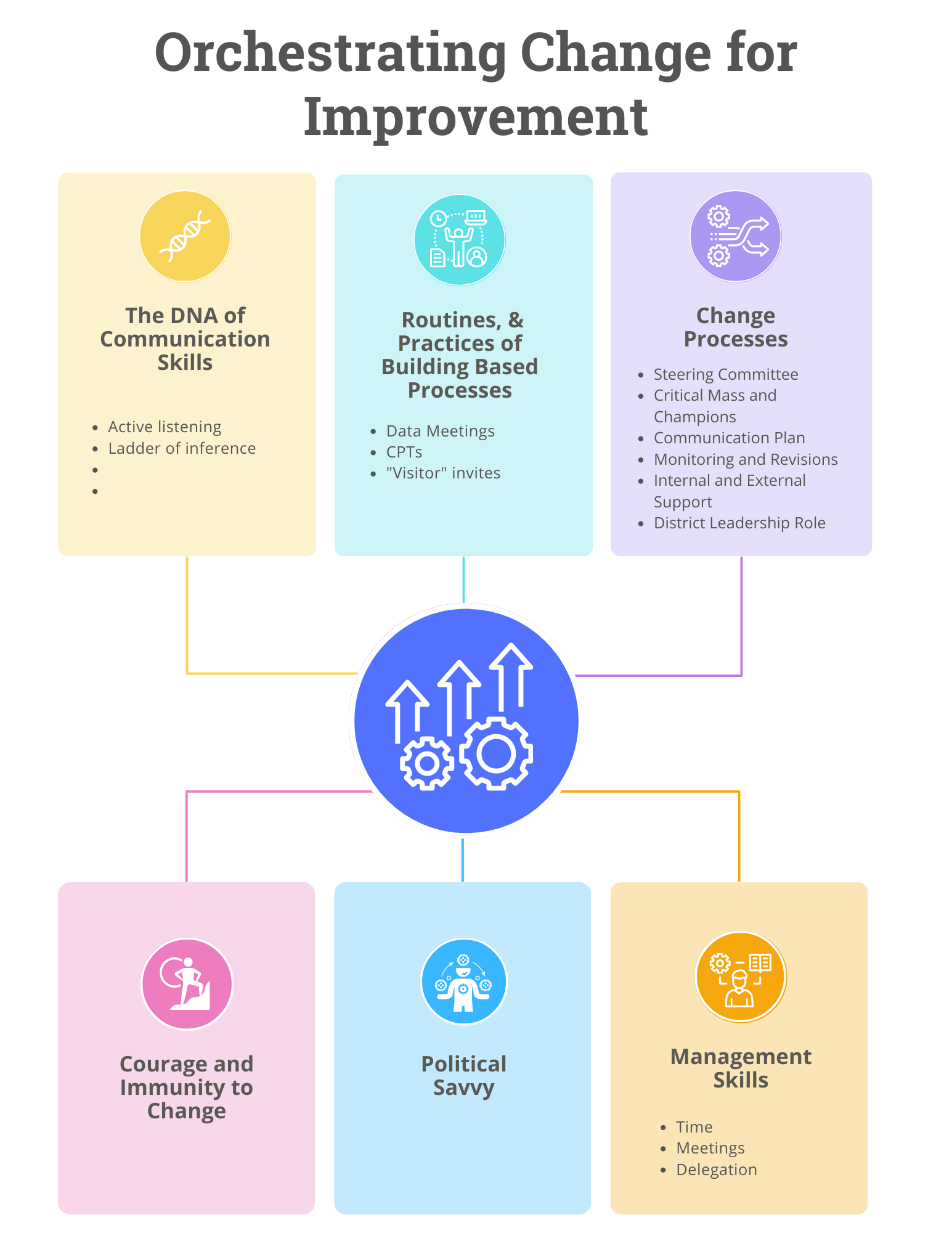Book Excerpt: What Instructional Leaders Must Know and Be Able to Do
The following is an excerpt of a chapter from Jon Saphier's forthcoming book on High Expertise Teaching and how to get more of it in more places, more of the time. Due out in 2023. Learn More.
We have never seen a school that achieved anything significant for students without a good leader. |
McLaughlin and Talbert, 2003 |
The last few decades have brought to the front burner the importance of principals for any school that makes progress for students. This book has focused on what I think is the central reason: Good principals create conditions where teaching is always improving. What’s new is only the research to support that, not the perception. Any effort to improve student achievement must include a plan for improving school leadership.
Researchers find that "leadership is second only to classroom instruction among all school-related factors that contribute to what students learn at school" (Leithwood et al. 2008). Other authors making the same point are Leithwood and Seashore Louis et al. (2010) and Darling-Hammond et al. (2022). Grissom’s research (2021) gave startling data about principal impact on student achievement beyond any previous study. Steve Tozer, founder of the school leadership program at University of Illinois at Chicago, explains the research this way: “You can't get wall-to-wall strong teaching without strong leadership, so the second most important variable has to be in place for the most important variable to be present.”
Leadership is second only to classroom instruction among all school-related factors that contribute to what students learn at school. |
Leithwood et al. 2008 |
The vast majority of school leadership preparation programs, however, fall short of offering the preparation needed for such vital work. Decades ago a comprehensive review of leadership preparation programs in the United States found that the majority ranged from “inadequate to appalling” (Levine 2006). Shockingly not much has changed in the intervening years, despite good efforts to create leadership standards (PSEL). The breadth and depth of the knowledge and skill required for successful instructional leadership, especially for schools serving children of poverty, is significant. Failure to attract and educate school leaders thoroughly for this demanding work is a major cause of the shortfalls in American education. (See Bain. Report 2013 and individual efforts to include anti-racism in principal preparation).

Be the First to Know
Learn more about the full contents of the book and sign up to be notified of its release in 2023.
This post is a sample from a chapter from Jon Saphier's new book on High Expertise Teaching, due out in 2023
You can't get wall-to-wall strong teaching without strong leadership, so the second most important variable has to be in place for the most important variable to be present. |
Steve TozerUniversity of Illinois at Chicago |
There is a vast literature on educational leadership full of wisdom. I and my colleagues have learned continuously from it. A compilation of nuggets from that literature appears in Appendix A of this chapter. Most of it is about skillful orchestration of change. It is a useful list even though the items are hortatory statements without implementation details.
But there are some gaps I want to fill in here and some items to highlight. I hope these additions can be incorporated into existing leadership preparation programs and, more importantly, be adopted by school districts as agendas internally for the development of their school leaders.
Leaders who improve instruction need knowledge and skill about four main categories this chapter will elucidate:
- High Expertise Teaching
- Adult Professional Culture
- Re-Designing a School for Equity
- Orchestrating Change for Improvement of Teaching and Learning
High Expertise Teaching
This means knowing the elements that comprise good instruction, and what they look and sound like in action

Adult Professional Culture
Leaders who improve instruction need to know what a school-as-a-learning-organization looks and sounds like, and also how to build and strengthen it from wherever it is.

Re-Designing a School for Equity
In this country, because of our 400 year history of white supremacy and embedded racism in the structures, policies and practices of how we do school, a fourth area of knowledge and skills is essential for school leaders.

Orchestrating Change for Improvement of Teaching and Learning
Change for improvement that can be sustained is a more complex topic in schools than other organizations such as corporations, non-profits or the military

Jon Saphier's New Book
The post is an excerpt of a chapter from Jon Saphier's forthcoming book on High Expertise Teaching and how to get more of it in more places, more of the time. Due out in 2023.